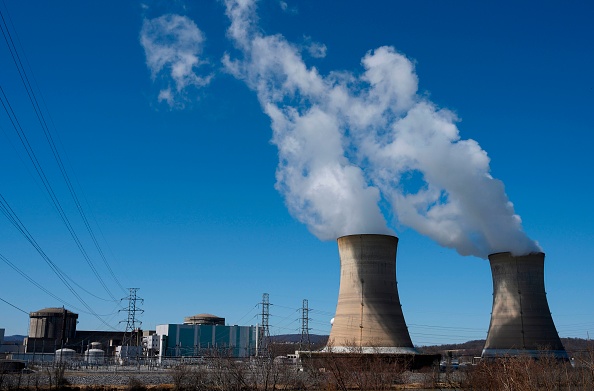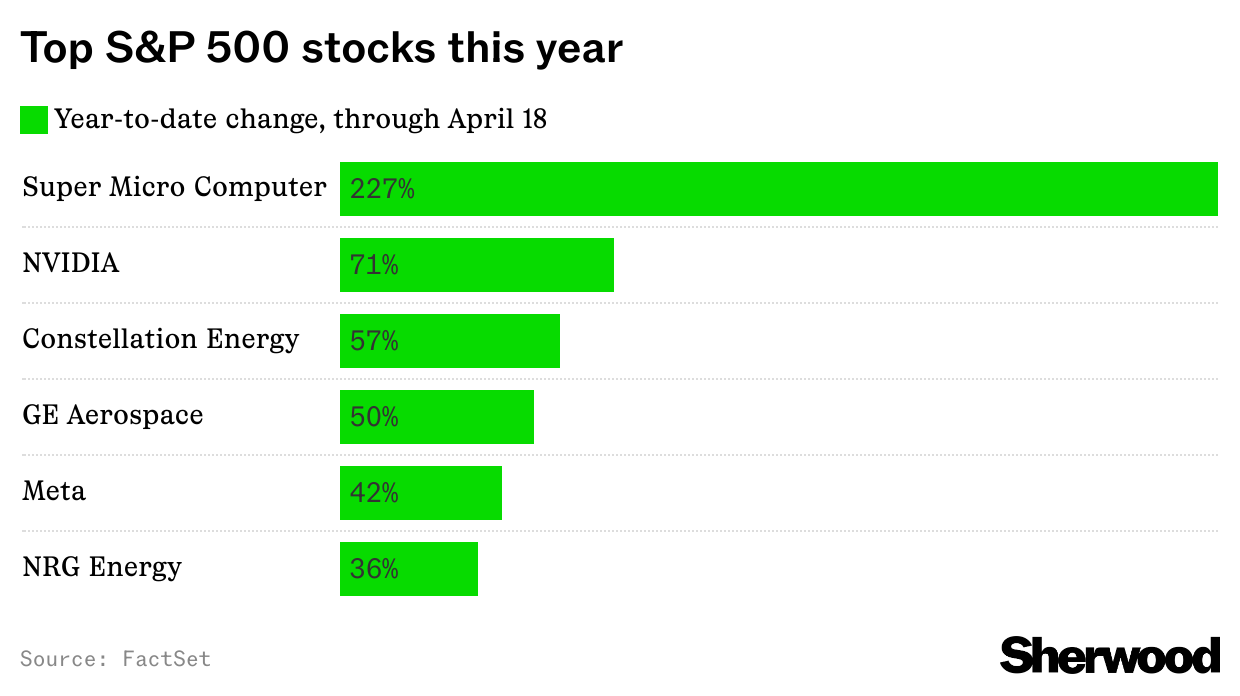Monday Nov.09, 2020
🏨 Marriott's shocking pandemic profit
_When you find out there's no more mini shampoo to steal_
Hey Snackers,
The US woke up Saturday with a new president-elect, only four days after Election Day. It was the highest voter turnout in 120 years — Nevada's just glad the memes are over.
Stocks soared big over the work week. The tech-heavy Nasdaq index gained 9% since a divided Congress makes Big Tech reform unlikely.
On the pod: Because Amazon hasn't done enough, it just launched "Explore" for virtual experiences. We're getting hardcore "Airbnb Experiences" vibes.
Shampoo
Marriott turns a surprise profit despite near-empty hotels (it's a budgeting pro)
Refilling the minibar Fiji bottles... with sink water. Marriott miraculously turned a profit last quarter by being extra thrifty. It's the world’s largest hotel operator with over 7K properties across 130+ countries — usually something to brag about, not so much during a world-halting pandemic. Room occupancy went the way of the "wake up call" (near-extinct):
- Just over a third of rooms in North America were booked. European Marriotts were even emptier, at just 1 in 5. BTW: Marriott also owns The Ritz, W, and Sheraton.
- RevPAR: A metric hotel people are obsessed with. It's the average daily room price multiplied by occupancy rate. Marriot's fell nearly 70% from last year. And yet somehow...
- Marriott checked in a $100M profit from July to September, compared to a $230M loss in the previous quarter.
Continental Breakfast = 1 Eggo waffle... Hilton and Hyatt had similar RevPAR plunges as Marriott, but they posted losses. How? Travel demand improved a bit from the previous quarter (especially in China), but it's really about cost-slashing...
- Marriott cut costs by 57% — that's almost exactly the same percentage that total sales fell from last year. Marriot made 57% less, but spent 57.2% less. That 0.2% extra = profit.
Budgeting is a skill... that can be used to make the best of worst-case scenarios. Marriott has fixed costs like rent and insurance (just like us) — but it showed budgeting prowess by precisely cutting everywhere it could to turn a profit. Sadly, that included tens of thousands of furloughs in March and corporate layoffs in October.
Highs
Who's up...
Saved by the ballot... Gig driving companies scored big after California voters passed Prop 22, exempting them from CA's AB5 law. Uber and Lyft stock soared more than 30% for the week, since they won't have to reclassify drivers as employees (think: healthcare, PTO). Also exempted: DoorDash, Postmates, and Instacart. AB5 would've made hiring drivers more expensive, making these chronically unprofitable apps lose even more money.
Drunk ordered a couch... from the couch. Millennial furniture favorite Wayfair just proved that the pandemic "House Hype" is still strong. Quarterly sales shot up 67%, and Wayfair even made a comfy profit (after losing ~$300M during the same three months last year). It's using techy data to find out what's most popular, then crank out 10,000 versions of it. The stock popped 21% for the week, and has more than 3X'd this year.
Lows
...and who's down
Missing the movie magic... AMC is desperate for a happy ending. The world’s largest movie theater chain lost nearly $1B last quarter. Sales plunged 91% from last year as theaters were shut for most of the quarter. Now 80% of its US theaters are open, but limited capacity and blockbuster delays are choking sales. The cash-starved chain is looking to raise up to $50M by selling 20M shares to stave off bankruptcy. Happy ending = survival.
Surprise squashing... Chinese fintech giant Ant Group was supposed to go public last week in the world's biggest IPO. Its mega-app Alipay has over 1B users and offers every money-related service imaginable. Problem? Ant's founder Jack Ma made a (poorly-timed) speech criticizing China for stifling innovation. Chinese regulators squashed the historic IPO just two days before it was scheduled. Ma's other company Alibaba — aka: the "Amazon of China" — owns 33% of Ant, so the stock dropped on the news.
What else we’re Snackin’
- Sweat: What a brief jog can do for your brain — just 15 minutes can make a big difference in your mood.
- Reset: 3 ways to carve out "me time" when work never ends. Conscious breaks are more satisfying than reactive breaks.
- Act: Four anti-racist choices corporate America can make right now.
- Work: 9 side hustles to keep your wallet a little warmer this winter.
- Think: How to worry mindfully — free yourself from mental multitasking and schedule "worry appointments."
- Watch: 20 travel movies that will transport you across the world, courtesy of Couch Airlines.
🍪 Thanks for Snacking with us! Want to start getting Snacks daily? Sign up here for our daily market newsletter.
This Week
- Monday: Earnings expected from McDonald's and Beyond Meat
- Tuesday: Another Apple event (expect Mac news). Earnings expected from Lyft, BioNTech, Rocket Companies, and Occidental Petroleum
- Wednesday: Earnings expected from Vroom
- Thursday: Weekly jobless claims. Earnings expected from Disney, Cisco, and GoodRx
- Friday: Earnings expected from DraftKings
Disclosure: Authors of this Snacks own shares of Uber, Disney, and Apple
ID: 1403957
.png)

